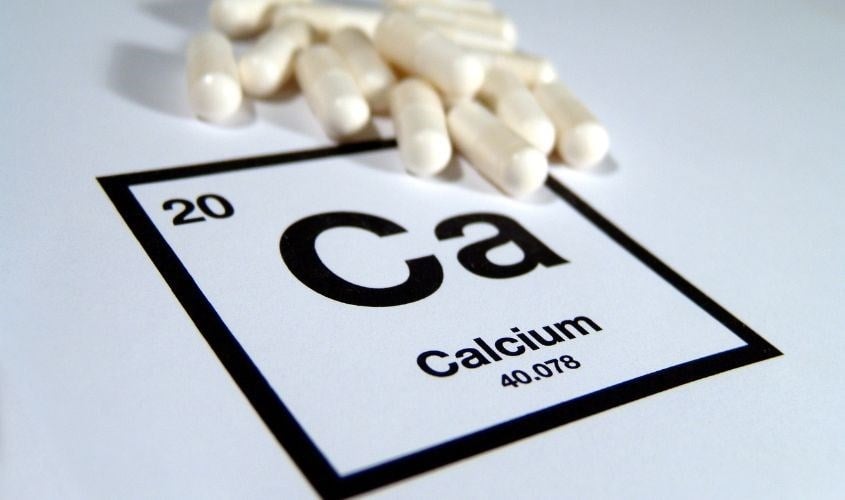The years leading up to menopause can be a turbulent time for women, marked by a host of changes and challenges. This “chaotic phase” is characterized by a decline in estrogen levels, irregular menstrual cycles, and prominent signs of aging. It is crucial to proactively address these changes to prevent premature aging and protect long-term health.
As women transition into their middle ages, they become susceptible to three concerning health risks. These include weight gain and associated chronic illnesses, bone and joint health issues, and the onset of menopausal symptoms.
1. Confronting Middle-Age Health Risks: It’s Time to Take Action
Weight Gain and Chronic Illness: Middle-aged women often experience a slower metabolism, leading to weight gain. Unmanaged weight gain increases the risk of obesity, high blood pressure, cardiovascular disease, and diabetes. It is crucial to maintain a healthy weight through a balanced diet and regular exercise.

Bone and Joint Health: Women naturally have lower bone density than men, and the decline in estrogen during middle age accelerates bone loss. This puts women at a higher risk of osteoporosis, bone fractures, and joint problems such as arthritis.
Menopausal Symptoms: Around the age of 50, women may experience physiological changes such as irregular periods, insomnia, and mood swings. These are indicators of perimenopause or menopause. Without timely intervention, this phase can prolong, leading to depression and significant physical and mental health issues.
Solution: To navigate these changes effectively, middle-aged women should focus on adjusting their diets and ensuring adequate nutrient intake. This proactive approach helps slow down aging, improves overall health, and maintains a good quality of life.
2. Doctor’s Advice: Four Essential Nutrients for Middle-Aged Women
As women age, their bodies undergo significant physical and hormonal changes. To counter these changes and protect their health, experts recommend the timely supplementation of the following four critical nutrients:
1. Calcium for Strong Bones and Youthful Vigor: Middle-aged women tend to lose calcium rapidly, increasing the risk of osteoporosis, bone fractures, and reduced mobility. Adequate calcium intake, through diet or supplements, helps strengthen bones and slows down the aging process. Include calcium-rich foods like dairy, eggs, fish, and shrimp, or consult your doctor about calcium supplements.

2. Estrogen for Hormonal Balance and Menopause Relief: The decline in estrogen during middle age can lead to hot flashes, insomnia, irregular periods, and depression. Timely estrogen supplementation or consumption of phytoestrogen-rich foods like soy, sung fruit, and nuts can help ease menopausal symptoms and reduce the risk of bone, heart, and joint issues.
3. Folic Acid to Guard Against Stroke: Folic acid is crucial not just during pregnancy but also for middle-aged women. Research shows that a deficiency increases the risk of stroke in older adults. Ensure adequate intake through dark leafy greens, fruits like kiwi, strawberries, and cherries, soy products, or supplements, as advised by a healthcare professional.
4. Vitamin B for Nerve Health and Better Sleep: Vitamin B plays a vital role in regulating nerve function and supporting sleep. Middle-aged women experiencing hormonal changes may struggle with stress, insomnia, and fatigue. Vitamin B supplementation can help soothe the nervous system and improve mood. Include vitamin B-rich foods like whole grains, liver, eggs, dairy, and dairy products.
Recommendation: Aging begins as early as our 30s. Don’t wait for health issues to arise before prioritizing nutrition. Taking care of your body from a younger age is the key to maintaining a youthful appearance and robust health well into middle age and beyond.
































